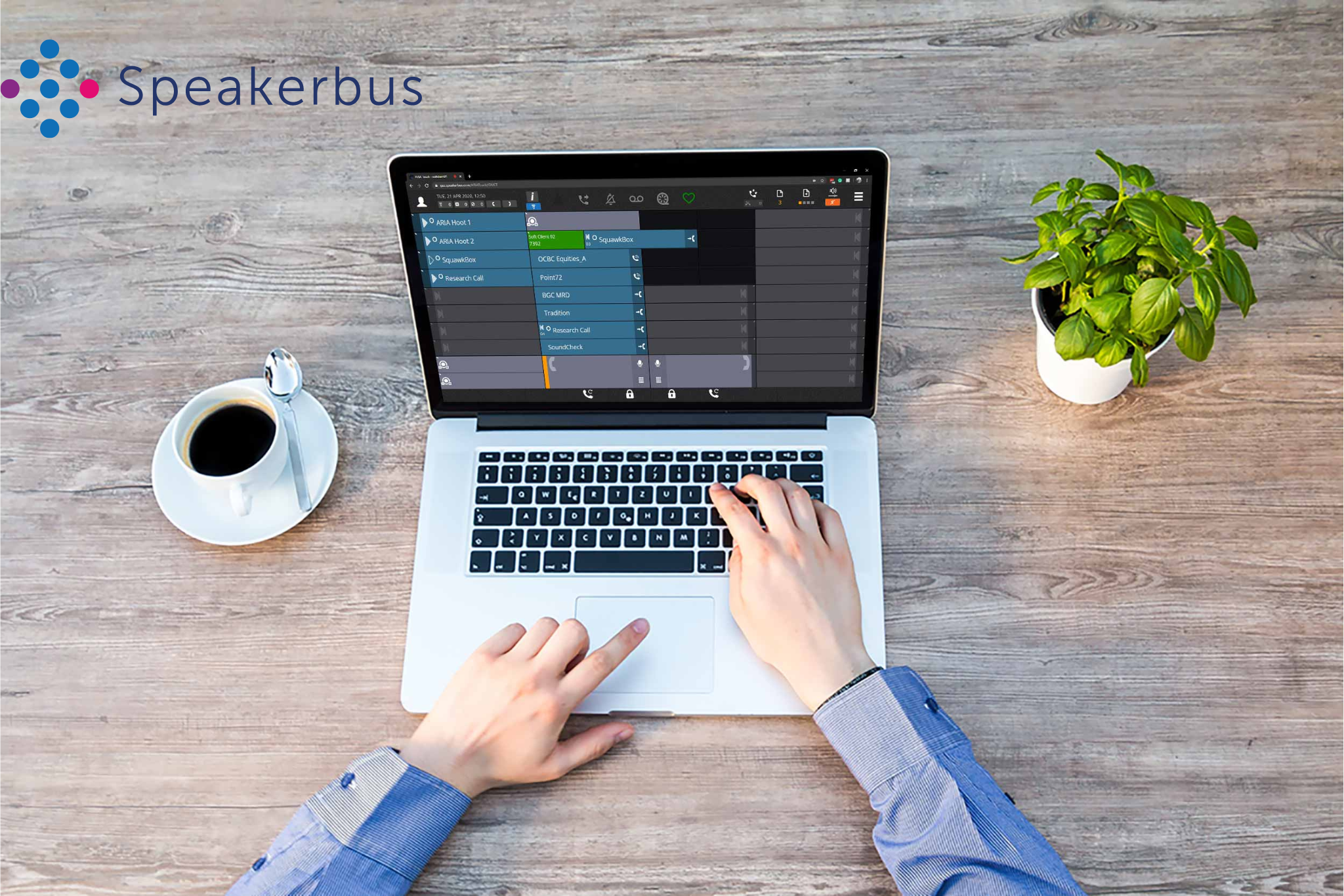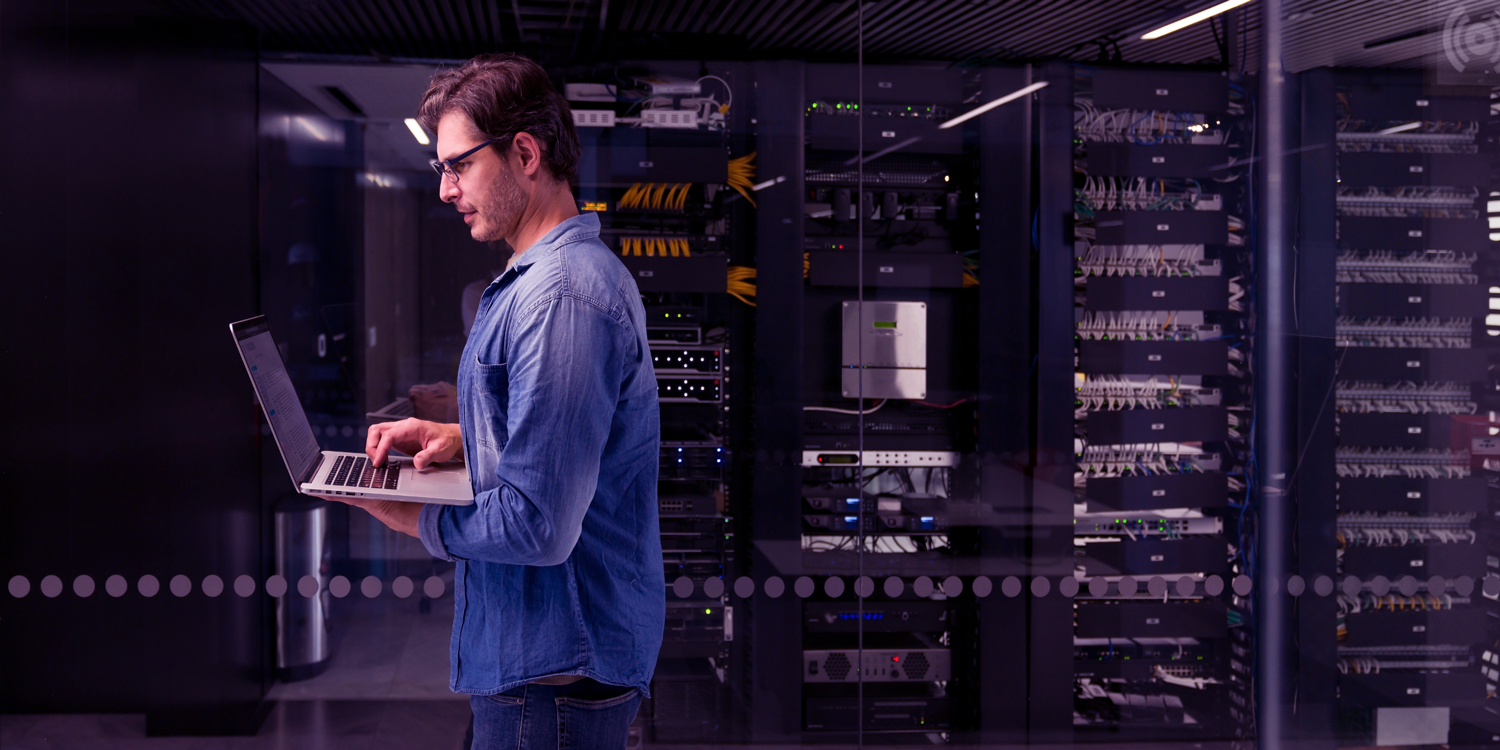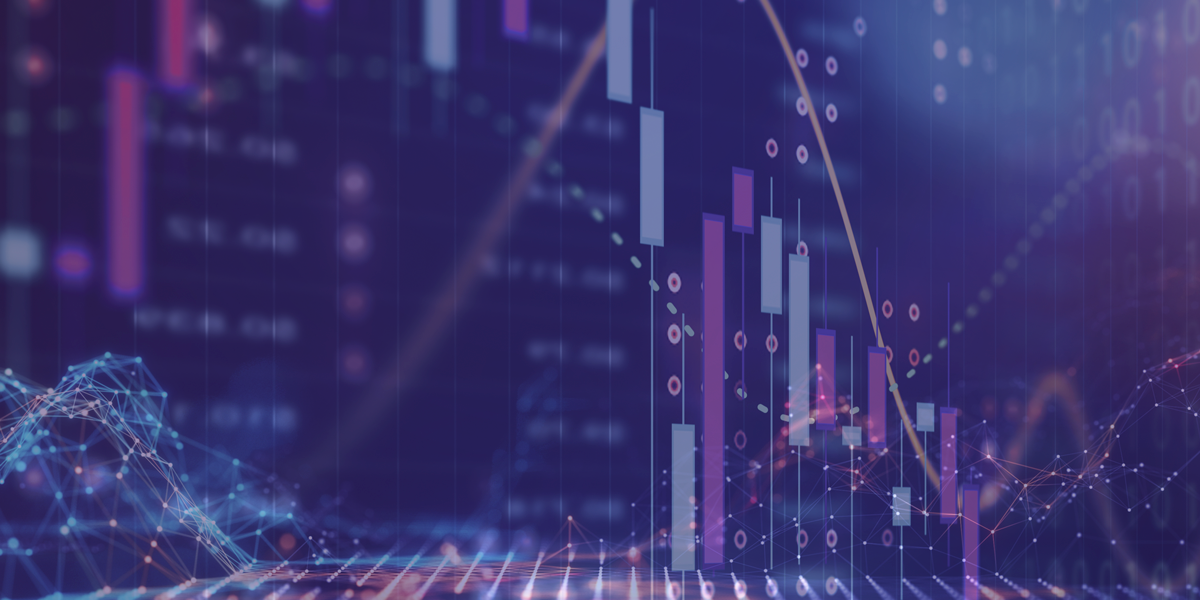.jpg)
For many, our first exposure to Artificial Intelligence (AI) was through popular science fiction novels and movies depicting the malevolent application of AI resulting in a dystopian future. And while AI, like all technologies, can be used for purposes of good or evil, its potential to transform society, industry and our everyday lives has never been more apparent.
Understanding the sheer scope of AI is a challenge. Broadly defined as any human-like behaviour displayed by a machine or system. In AI’s most basic form, computers are programmed to “mimic” human behaviour using extensive data from past examples of similar behaviour. Industrial AI is concerned with the application of such technologies to address pain-points for customer value creation, productivity improvement, cost reduction, site optimization, predictive analysis and insight discovery.
What’s not difficult to grasp is the priority the business world is putting on AI, because in 2021, the total global investment by corporations reached almost 94 billion U.S. dollars.
And in an industry as competitive as the global financial markets, firms are racing to hire the best minds to discover ever more novel ways to apply AI to their trading business.
Artificial Intelligence (AI) and Machine Learning (ML) is nothing new
The 1968 film 2001: A Space Odyssey told the cautionary tale of a sentient artificial computer, HAL, who broke free from its programming. Spoiler alert, it didn't end well for the crew, with the computer assassinating them one by one culminating in the classic line 'I am afraid I can't do that Dave'.
Today, the movie magic narrative pushes the advantages of Artificial Intelligence (AI) with movies depicting the benefits, such as Marvel's J.A.R.V.I.S aiding the Avengers. While in the actual corporate world, Boston Dynamics and Elon Musk are publicly developing and promoting AI-powered robots, and as consumers, we've likewise happily invited Siri, Google and Alexa into our lives.
So what’s changed?
Today, the embrace of AI is nearly absolute. The simple reasons are capitalism and competition, where AI has the potential to transform the customer experience, deliver insight, reduce costs that can ultimately result in increased profits and sustained competitive advantage.
AI helps support three critical business needs:
- Automation of business processes
- Gaining insight through data analysis
- Engaging with customers and employees
AI is playing an increasing role in the financial markets, and is certainly influencing both the trading process and performance.
So how exactly are these business needs being met by AI?
In financial services today, including trading, AI is being used to automate the writing of financial reports, removing the risk of errors in manual writing, ensuring accuracy, consistency and compliance.
AI and Machine Learning (ML) are also perfect for analysing and processing large amounts of data faster than humans, identifying patterns and flagging them to your specialised teams before they become a business risk.
Compliance firms are also using AI & ML to help rapidly identify signs of financial crime and market abuse. For instance, SteelEye's Surveillance AI-powered Lexicon monitors more than six times as many search terms as a standard lexicon.
So, if AI can help Netflix predict which movies you will like, why shouldn't it help traders better predict bond prices? It makes sense to use AI's ability to spot patterns with a faster, lower latency response than a human trader might. We at Speakerbus predict that AI in trading is just going to increase in usage and continue to transform the trading space.
What can’t AI do?
Harnessing AI & ML FinTech solutions automate and transform these and many other functions of a finance organisation. In our view, the growth of AI will undoubtedly help drive more focus and time to the job elements more suited to human interaction.
However, while AI is being used to enhance engagements with clients and employees, the technology still needs further development. For instance, the voice element of voice trading is still best suited to humans. AI can't yet understand incorrect social behaviour and only mimics to predict human interactions - if a bad actor trains the AI, it takes on those traits. Microsoft learnt this first hand in 2016 when its TAY bot began to post inflammatory and sent offensive tweets through its Twitter account, causing Microsoft to shut down the service only 16 hours after its launch.
AI trading technology isn't close enough (yet) to sell you a complicated service or the latest complex trading product. It's not quite there yet, which is clearly seen in how you almost immediately know you are talking to a chatbot or an automated system when you do.
Summary: AI in trading is here to stay
As technology marches forward, financial markets are increasingly turning to Artificial Intelligence and Machine Learning to create more exacting and nimble models to enhance business processes and gain insight through data analysis. These predictive models and processes are helping financial experts utilise the 'big data' to pinpoint trends, risks and lower workforce overhead, while AI in trading is helping traders make more informed trading decisions that positively influence profit performance.
So, just what impact is AI in trading having? Well, when asked, “Surrender, accept or obey?”, it seems that today, it's time to accept.



